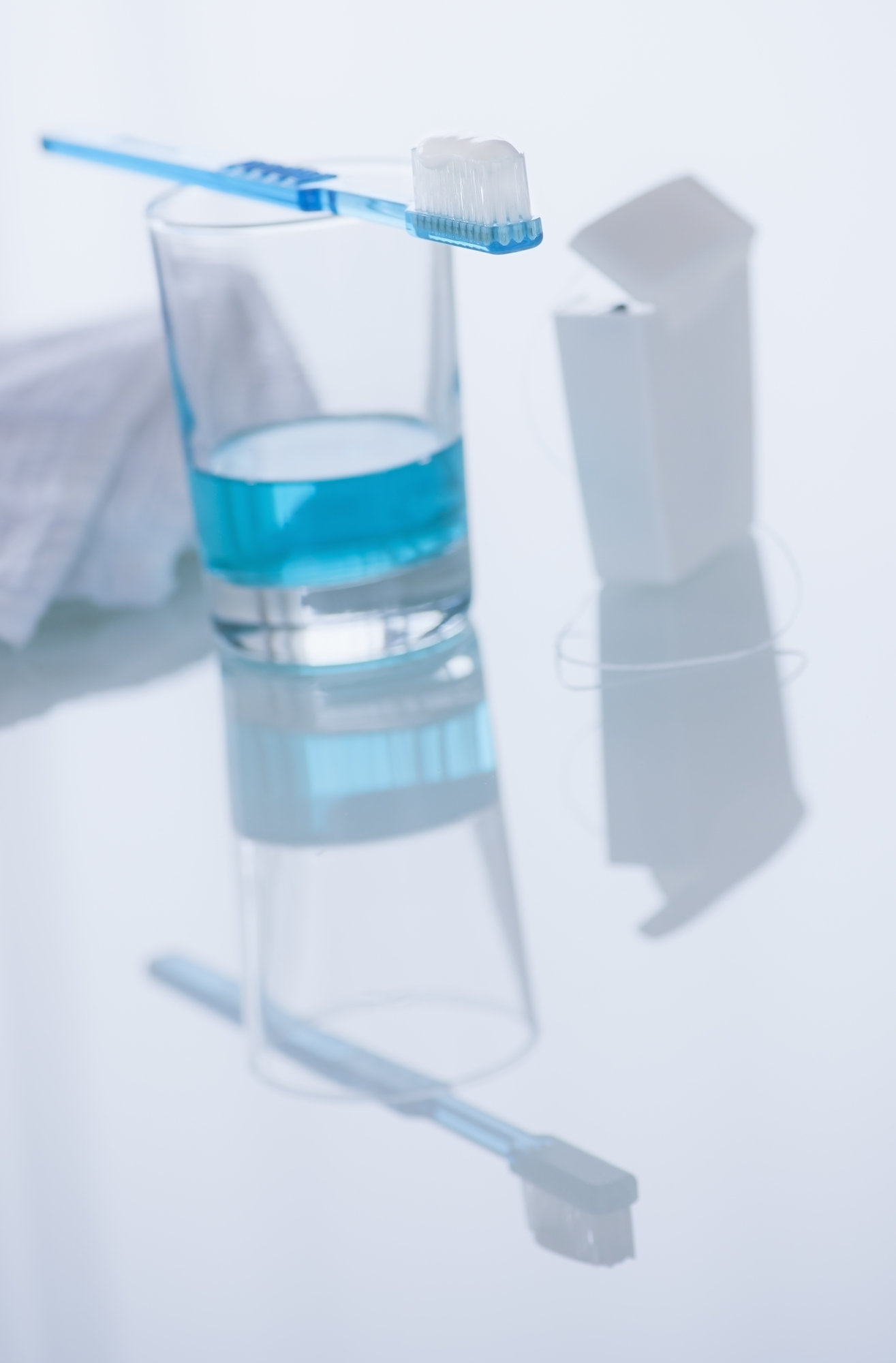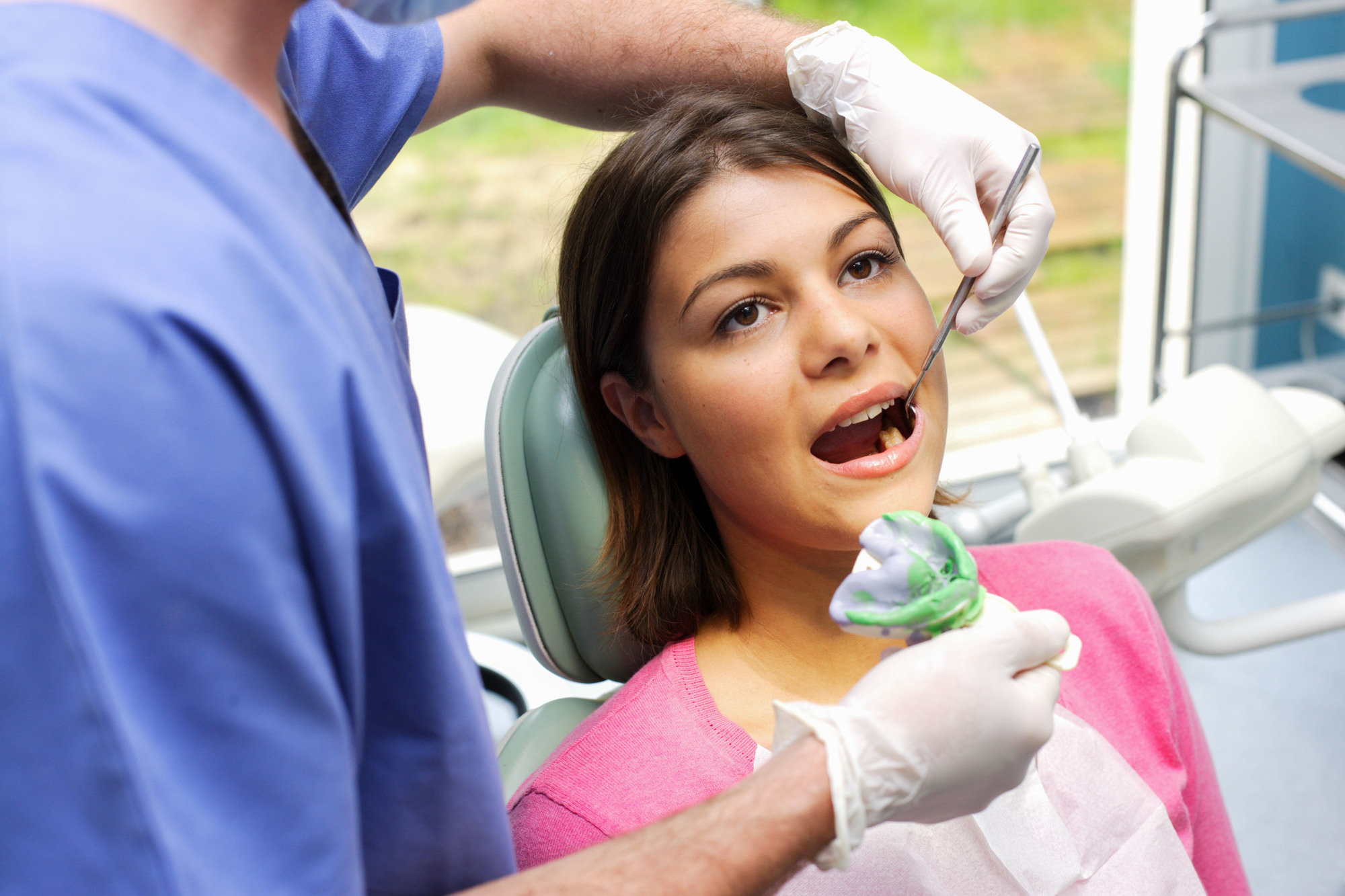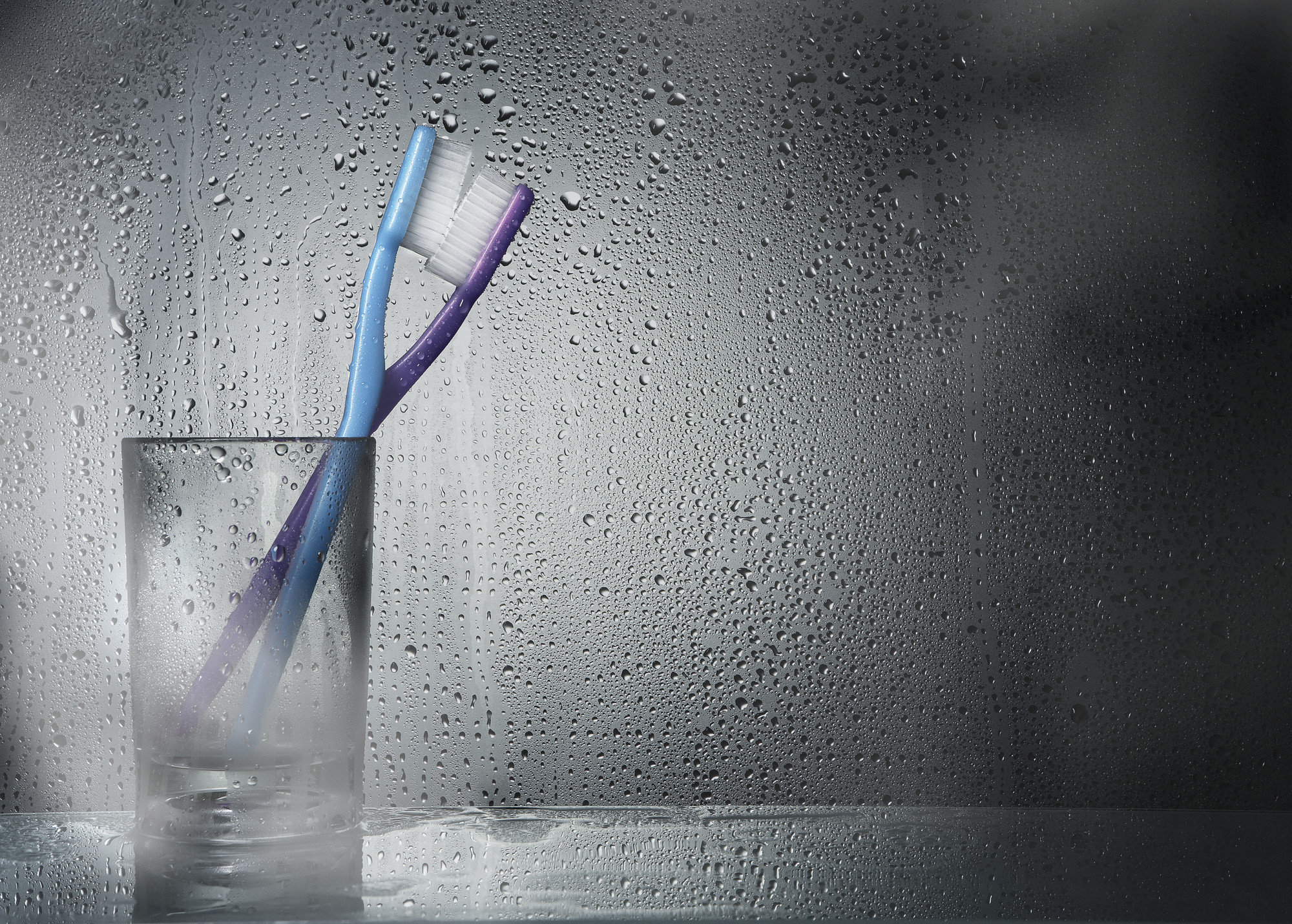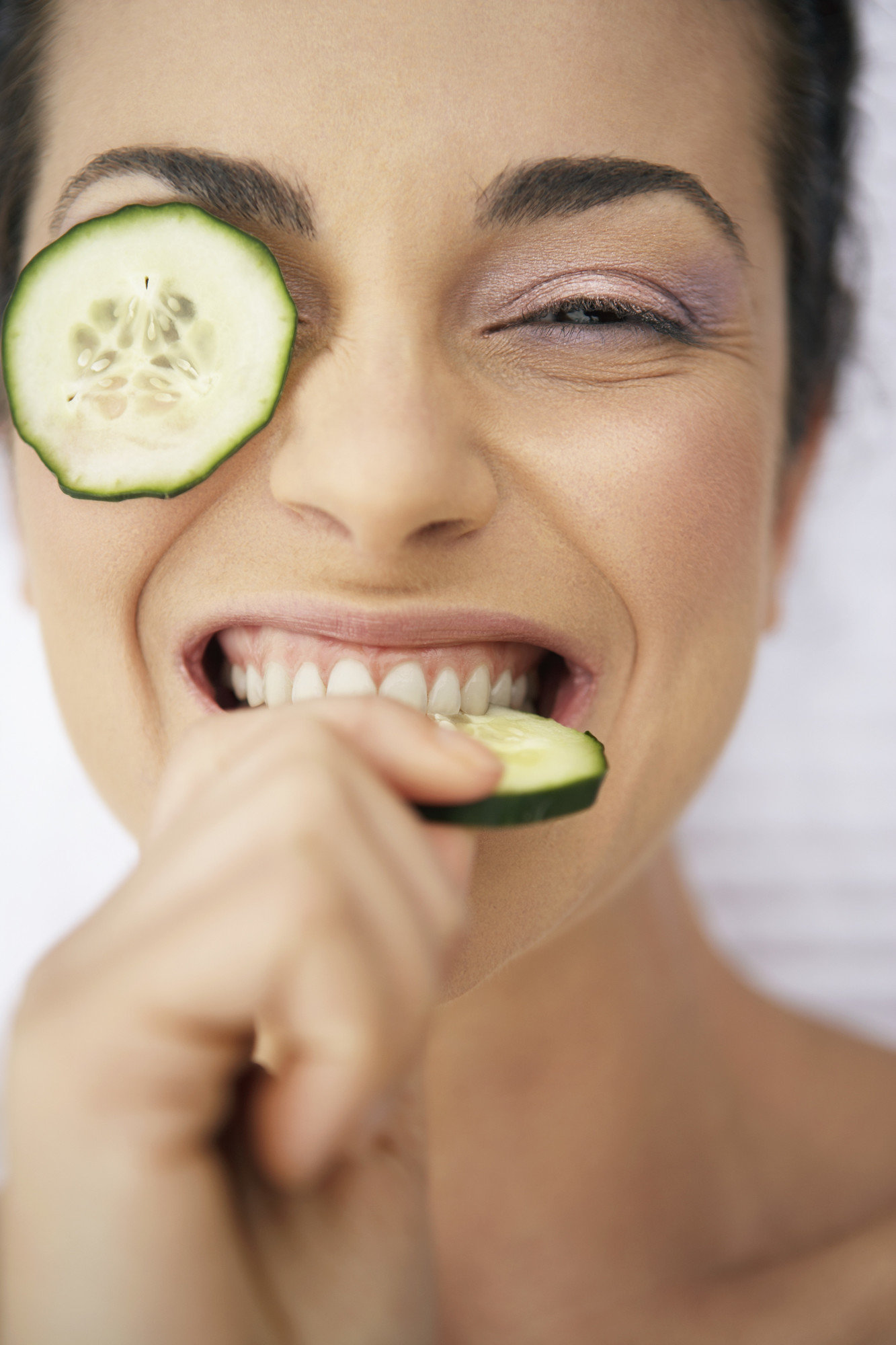
Staying on top of your oral health is even more essential during pregnancy. That's because our gums become easily inflamed due to pregnancy hormones that make us more sensitive to oral bacteria. Pregnancy gingivitis occurs in 40% of pregnant women, but could be avoided with careful care. Here are nine tips for keeping your mouth and teeth healthy during your pregnancy.
Read more ¿Qué más?: 10 Unexpected ways your body changes during pregnancy
Image via Corbis
Take folic acid vitamin

Folic acid is great for the brain development of your baby, but it's also effective for preserving gum tissue. It also helps make the gums more resilient to bacteria that causes inflammation.
Eat foods rich in vitamin D

A recent study by the American Journal of Clinical Nutrition found that people with a diet high in vitamin D had a decreased risk of developing gingivitis. Fish, cheese and egg yolks are all great options to incorporate in your diet.
Brush with fluoridated toothpaste

Toothpastes with fluoride compounds are known for preventing tooth decay and maintaining the overall health of your teeth. Be sure to brush in a circular motion, including upwards towards the gums, twice a day.
Use mouthwash

Mouthwash can help disinfect swollen and bleeding gums. You can purchase an over-the-counter brand, like Colgate Total mouthwash, or make your own natural mouthwash by mixing one cup of warm water with half a teaspoon of salt.
Go for regular dental cleanings

You should visit your dentist regularly and go for dental cleanings every six months. Once you make your appointment, inform the staff that you're expecting and how far along you're so the dentist can offer the best treatment for your needs.
Replace sugar snacks with fruit

Sugar causes cavities and can wear down your tooth enamel. Replace the sweet treats and soda for a healthier and lighter version like fruits and natural juices.
Drink lots of water

Drinking eight glasses of water a day helps prevent dry mouth, another symptom that's common during pregnancy. Water also contains xylitol, which could help prevent cavities.
Floss regularly

Reducing bacteria from forming in your mouth does require a bit of work. Flossing once a day is recommended for keeping your gums clean and healthy.
Replace your tooth brush

Toothbrushes aren't meant to last a lifetime. In fact, they should be replaced every three to four months.
Try a gum massage

Massage your gums twice a day with your thumb or index finger to reduce the risk of irritated gums. The pressure will help blood flow and prevent bleeding gums.




